Where parents tie their children to rocks so they can work 'hands-free'
(Baonghean.vn) - 15-month-old baby Shivani struggled to stretch the plastic tape her mother used to tie her to a rock next to a construction site in Western India.
 |
With bare feet and a layer of dust covering her entire body, little Shivani had to stand and play by herself for 9 hours a day in the sweltering heat of 40 degrees Celsius, always attached to a 1.5 meter long rope.
Sarta Kalara, the baby's mother, had no choice but to tie her baby to a rock, despite the baby's cries. Only by doing so could she and her husband feel secure enough to work and earn 250 rupees (nearly 80,000 VND) each shift digging holes to lay electric cables in the city of Ahmedabad.
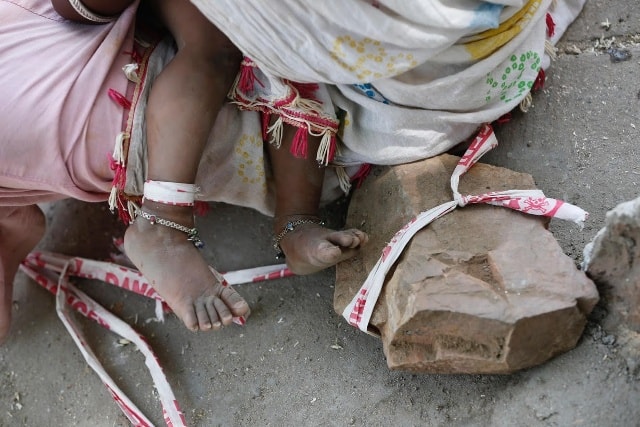 |
The young mother, only 23 years old, said: “I had to tie my son’s legs so he wouldn’t run into the street. My son is only 3 and a half years old, so he can’t look after his younger brother. Traffic here is very complicated, I had no other choice. I did it for my son’s safety.”
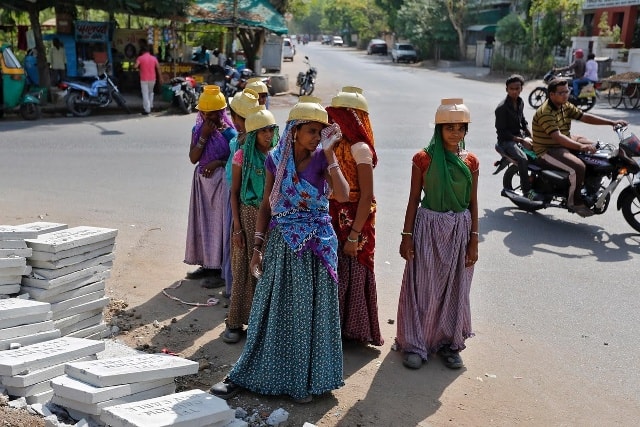 |
There are some 40 million construction workers in India, at least a fifth of them women, and most of them poor migrants who move from site to site, building infrastructure for India's booming cities.
In many parts of the country, it is not uncommon to see young children rolling around in sand, gravel and mud, while their parents are busy carrying bricks, digging roads, and building luxurious, stylish houses.
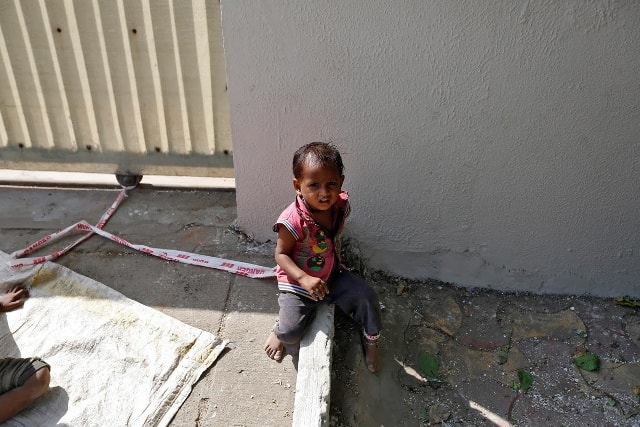 |
Many such families have to live in tents at construction sites, or like Shivani's family, they are forced to sleep outdoors at night.
Nurseries are rare and often expensive here, said Prabhat Jha, head of the Save the Children Foundation in India.
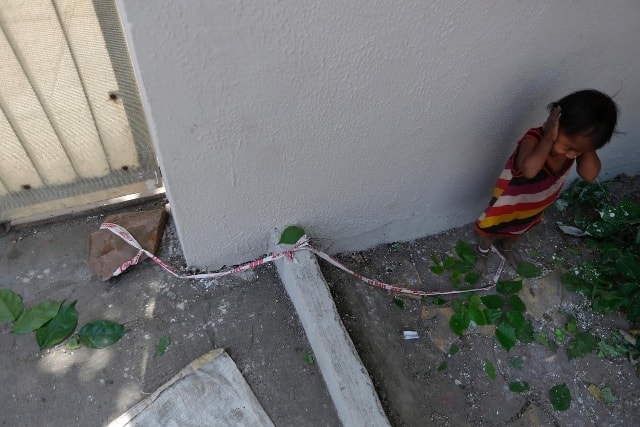 |
“The government and developers should invest in childcare facilities. There needs to be a safe place for children. They are really vulnerable,” said Jha.
Indian companies often outsource cheap labor. Contractors bring in teams of workers, often recruited from the same village, to do all sorts of work without any safety measures.
While Shivani was still tied to the stone, the men took a break to drink water to cool down from the burning heat, and the women took the opportunity to feed the children.
 |
These children usually stay with their parents until they are 7 or 8 years old, then are sent to live with their grandparents in poor villages in neighboring states.
Kalara, holding Shivani in her arms, confided in her management that they turned a blind eye to her plight: “They don’t care about us or our children. They only care about their jobs.”
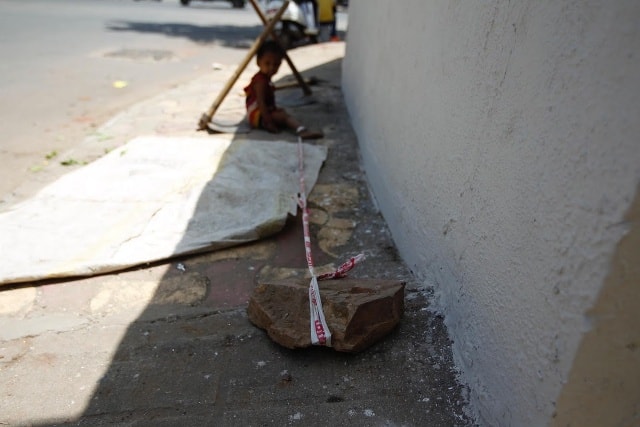 |
Central and South
(According to Reuters)
| RELATED NEWS |
|---|

